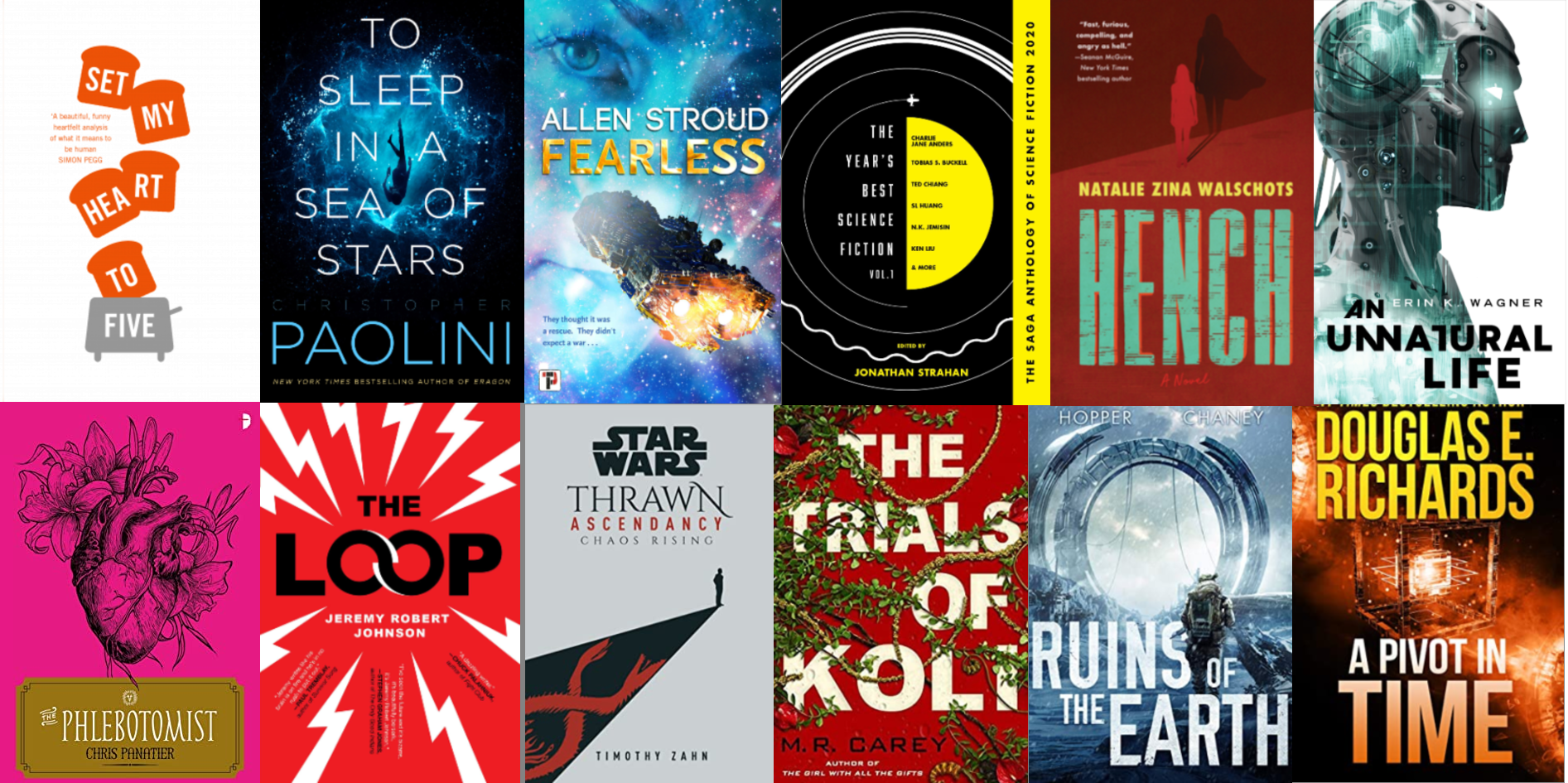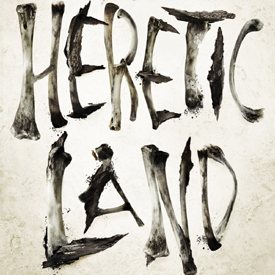
Nova Swing (2006) won both the Arthur C. Clarke and the Philip K. Dick Awards and was nominated for the Campbell and British Fantasy Awards. It is the sequel to M. John Harrison’s Light (2003), which in turn was followed by Empty Space: A Haunting (2012), the three books forming Kefahuchi Tract Trilogy. The book is a sequel in the sense that it is set in the same future as Light, but a generation later and with different characters. There is no direct continuation of the story from the previous volume and the book can be read independently. Where Light involved heavyweight quantum physics, space battles, a serial killer and a storyline set in the present to balance the future space opera, Nova Swing is a smaller scale work set entirely in one city on an alien planet in the year 2444AD.
Saudade is a port both on a beach and on the Beach, an insignificant refuelling point for interstellar ships. Down by the Surf Café is the aureole of an ‘event site’, a reality dysfunction where artefacts fall to ground from the Kefahuchi Tract. Here ‘drunks, junkies, sky-pilots and entradistas’ can be found scooping artefacts ‘up off the ground in open contravention of common sense’. It is a place where time is adrift, where ‘They weren’t even sure if inside/outside concepts had meaning’ and ‘No perspective, no data, no count of any kind could be depended upon’.
If this brings to mind Boris & Arkady Strugatsky’s novel Roadside Picnic, or Andrei Tarkovsky’s film of the book, Stalker, it is meant to. M. John Harrison opens Nova Swing with a quote from the Strugatsky’s novel: ‘The further into the Zone the nearer to Heaven’.
As the author’s The Centauri Device parodied space opera, so Nova Swing parodies the hard boiled detective novel. A second introductory quote offers; ‘Nostalgia and science fiction are spookily close’ (A.A. Gill in The Sunday Times). And this is a book filled with nostalgia, set-dressed with retro-recreations of the past; with old forms of fiction, old objects, old music. Detective Lens Aschemann is nostalgic for New Nuevo Tango. The band in the Surf Café play BeBop. The radio in Len’s 1950s-style Cadillac plays Radio Retro. So much of the novel unfolds in a trio of drinking joints it might be called Three Bar Blues. Except Nova Swing isn’t a form of music, but the name of the spaceship Irene the Mona dreams of buying to escape the planet and live her dreams.
And in Nova Swing everyone dreams of escape. Edith, once a famous dancer and accordion player considers everyone washed-up, looking to reclaim a life they’d lost by the time they were 16. Lens, who looks like Einstein, polices artefacts taken from the event site and spends his time in regretful reverie over the unsolved murder of his wife. His ambitious young female assistant escapes into a VR recreation of the repressed life of a 1950s American housewife. Emil spends his days sick in bed, proud of the achievements which have destroyed his health. Vic Seratonin skirts the edge of the law while meeting the needs, sexual and otherwise of new client Mrs Elizabeth Kielar, who he has taken into the event site once and who is determined to return.
But something is changing. Club owner Paulie DeReed is undergoing a nightmare transformation after buying an artefact from Vic, and strange people are emerging from the event site, most of whom vanish within the hour, a few of whom survive.
All these various threads come gradually together in a narrative which is more a surreal puzzle wrapped in a sedate novel of character than either a space opera or the ‘space noir’ suggested by the marketing. There is in the sometimes sordid, sometimes tender story a sense of bleak ennui, of the passing of possibilities to the passage of time. This can be depressing, or a salutary wake-up call – life is not a rehearsal. It is a tone reminiscent of Stalker, though fortunately the book has rather more pace than the Tarkovsky film, and it is also entirely in keeping with M. John Harrison’s work, from Viriconium onwards. When one character notes that it is not possible to know for certain if the place we come back to when we leave the event site is the same the place we left when we went in we know we are in a very British SF world. It is the dislocation found in many of J.G. Ballard’s stories, or a novel such as Christopher Priest’s A Dream of Wessex.
Nova Swing is a slowly paced, deliberate novel. Though it is well written it is not overtly literary. It does not proclaim its own significance. It is in places absurd, knowingly, ironically so. Some of the character names, not least Vic Seratonin, are ridiculous. The black and white cats are a nice joke for anyone familiar with the UK SF community. It is a book which gradually gets under the skin, worms its way into the imagination and has a cumulative impact, such that I found myself thinking about it for days. It is not what one might call a likeable book, but it is an intriguing experiment which reserves surprises to the final page. An unusual distaff remake with its own strange rewards; self-aware, sour, and peculiarly romantic, Nova Swing is a true space oddity.
*
This review originally appeared in slightly different form in Vector: The Critical Journal of the British Science Fiction Association (#253)
Previously in this series of Award Winners I looked at Spin by Robert Charles Wilson. Come back next week for Rainbows End by Vernor Vinge.
…is a freelance editor, writing consultant and story structure expert. To find out more, including hiring me to work on your writing project, read my profile or visit my website, To The Last Word.









